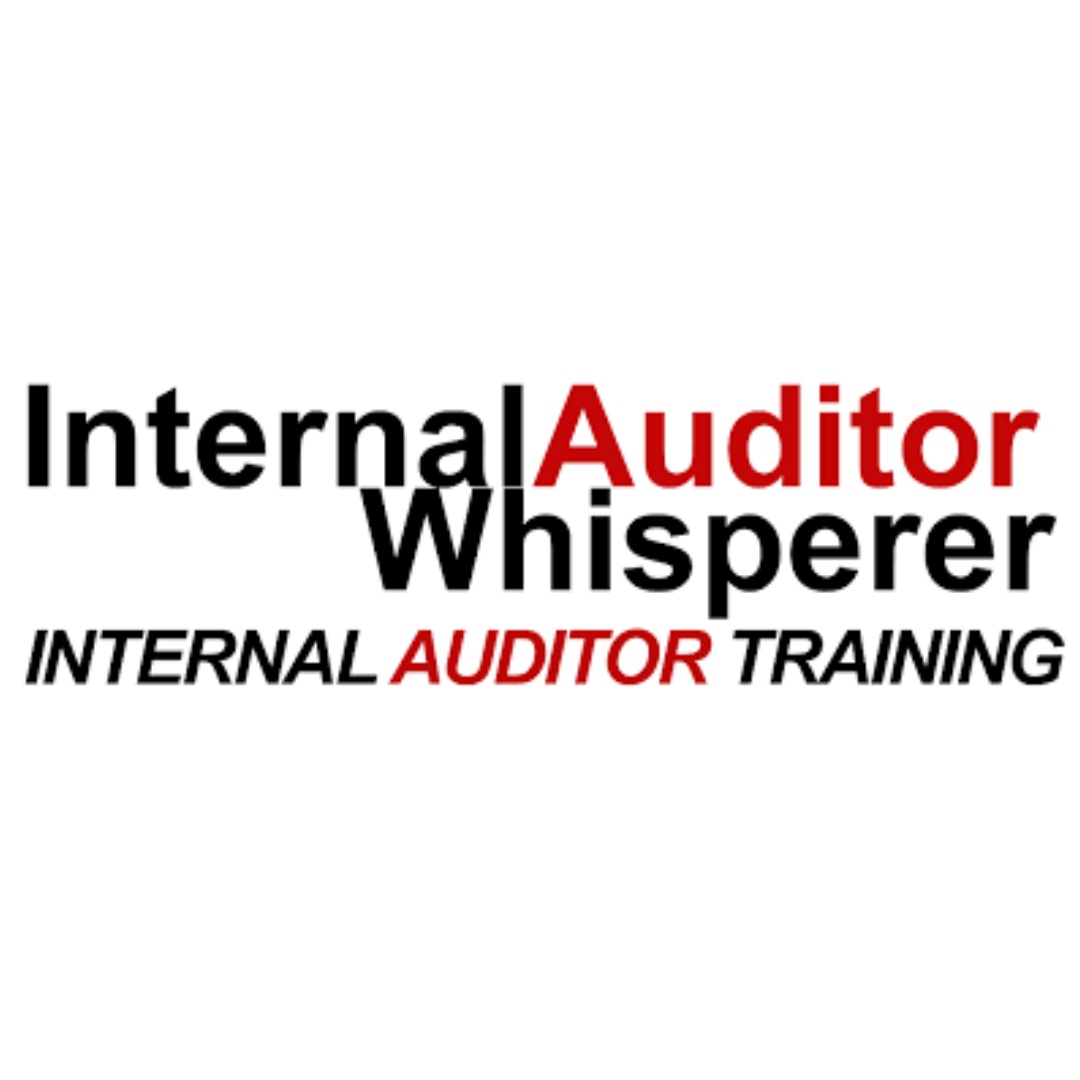In the ever-evolving realm of modern business, where risks lurk around every corner, internal audit training serves as a guiding light for organizations seeking to navigate the maze of compliance, governance, and operational excellence. Internal auditors, as the custodians of integrity within companies, bear the responsibility of evaluating and fortifying internal controls while offering invaluable insights to management. Whether you're setting foot on the path to becoming an auditor or a seasoned professional aiming to hone your expertise, this exhaustive guide to internal audit training is tailored to equip you with the essential knowledge and tools to thrive in this pivotal role.
Unraveling the Essence of Internal Audit
Before delving into the intricacies of internal audit training, it's paramount to grasp the core essence of internal audit within an organizational framework. Internal audit functions as an independent, objective assurance and consulting activity designed to augment value and refine an organization's operations. Internal auditors, through their meticulous assessments, gauge the effectiveness of risk management processes, internal controls, and governance structures, thereby aiding businesses in achieving their objectives while mitigating potential risks.
Key Proficiencies for Internal Auditors
Effective internal auditors boast a diverse array of skills, blending technical expertise, critical thinking acumen, adept communication, and unwavering ethical integrity. Here are some pivotal proficiencies essential for aspiring internal auditors:
- Technical Acumen: Internal auditors must exhibit a robust grasp of accounting principles, financial analysis, risk management methodologies, and pertinent regulatory frameworks.
- Analytical Dexterity: The capacity to dissect complex data, discern patterns, and draw actionable conclusions is indispensable for internal auditors to evaluate risks and furnish pragmatic recommendations.
- Communication Prowess: Internal auditors must articulate their findings clearly and succinctly to a varied audience, including senior management and audit committees. Mastering both written and verbal communication channels is pivotal in this endeavor.
- Ethical Fortitude: Upholding the highest standards of ethical conduct is non-negotiable for internal auditors. Integrity, objectivity, and confidentiality form the bedrock of the profession.
- Problem-Solving Ingenuity: Internal auditors are frequently confronted with diverse challenges during their engagements. The ability to think critically, adapt to shifting circumstances, and devise innovative solutions is imperative for success.
Comprehensive Internal Audit Training Programs
Numerous avenues abound for individuals seeking formal internal audit training, spanning:
- Certification Programs: Professional certifications such as the Certified Internal Auditor (CIA), Certified Information Systems Auditor (CISA), and Certified Fraud Examiner (CFE) wield considerable cachet within the internal audit domain. These certifications validate an auditor's proficiency and amplify their credibility in the field.
- In-House Training Initiatives: Many organizations proffer in-house training programs tailored to their specific industry, operations, and regulatory milieu. These initiatives often encompass topics ranging from risk assessment methodologies and audit planning to adept interviewing techniques and astute report drafting.
- External Workshops and Seminars: External training providers frequently orchestrate workshops, seminars, and conferences spotlighting various facets of internal audit. These gatherings furnish invaluable networking avenues and enable auditors to remain abreast of emerging trends and best practices.
- Online Learning Platforms: With the proliferation of online learning platforms, aspiring auditors can access a treasure trove of internal audit training materials with unparalleled convenience. These courses traverse a broad spectrum of topics, from rudimentary auditing principles to sophisticated audit methodologies.
Crucial Components of Internal Audit Training
Effective internal audit training programs typically encompass the following pivotal components:
- Audit Methodologies: Training should acquaint participants with diverse audit methodologies, encompassing risk-based auditing, compliance auditing, and performance auditing. Familiarity with the underlying principles of each methodology empowers auditors to tailor their approach to specific audit engagements.
- Risk Assessment Techniques: Auditors must cultivate proficiency in discerning, assessing, and prioritizing risks within an organizational milieu. Training should encompass a gamut of risk assessment techniques, spanning interviews, document perusals, and data analytics.
- Internal Control Evaluation: Internal auditors scrutinize the design and operational efficacy of internal controls to mitigate risks and attain business objectives. Training should equip auditors with the requisite tools and techniques to evaluate control environments across diverse business processes.
- Audit Documentation: Robust and well-structured audit documentation is imperative for upholding the quality and integrity of audit work. Training should underscore the significance of lucid, succinct, and standardized documentation practices.
- Communication and Reporting: Internal auditors must adeptly communicate their findings and recommendations to stakeholders through cogent audit reports and presentations. Training endeavors should center on fostering communication skills and crafting reports that resonate with varied audiences.
Embracing Continuous Professional Development
Internal audit constitutes a dynamic arena that perpetually evolves in response to shifting business terrains, regulatory mandates, and technological advancements. Thus, continuous professional development assumes paramount importance for internal auditors to remain relevant and efficacious in their roles. A commitment to lifelong learning, active engagement in industry forums, and the pursuit of advanced certifications constitute integral facets of a robust professional development regimen.
Conclusion
Internal audit training serves as the cornerstone for empowering auditors with the requisite knowledge, skills, and competencies to discharge their roles with aplomb. By investing in comprehensive training initiatives and fostering a culture of relentless learning, organizations can nurture a cadre of internal auditors adept at safeguarding their interests, enhancing operational efficiencies, and propelling sustainable growth. Aspiring auditors embarking on this odyssey of learning and self-refinement position themselves for triumph in a challenging yet immensely rewarding profession.


No comments yet